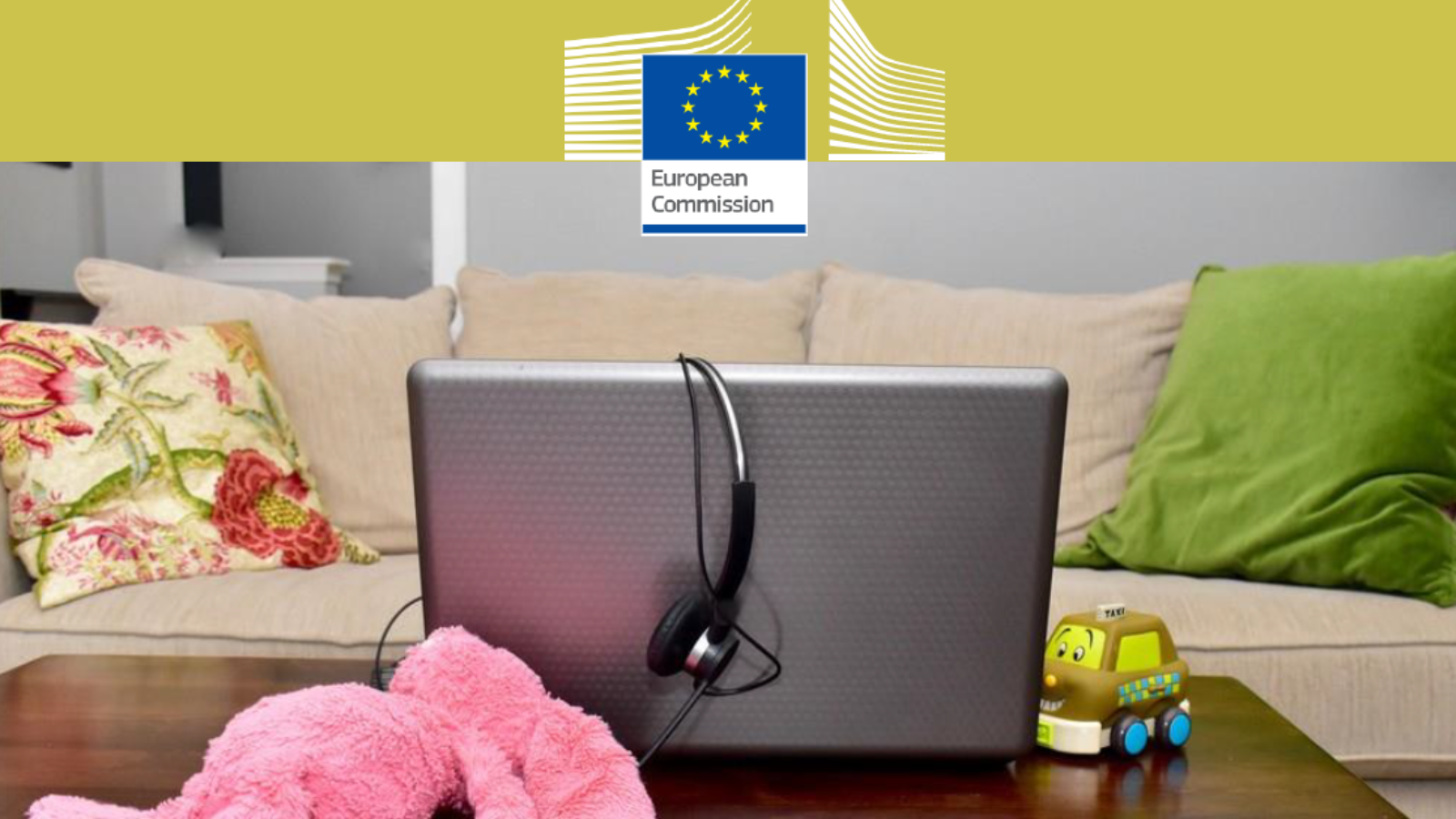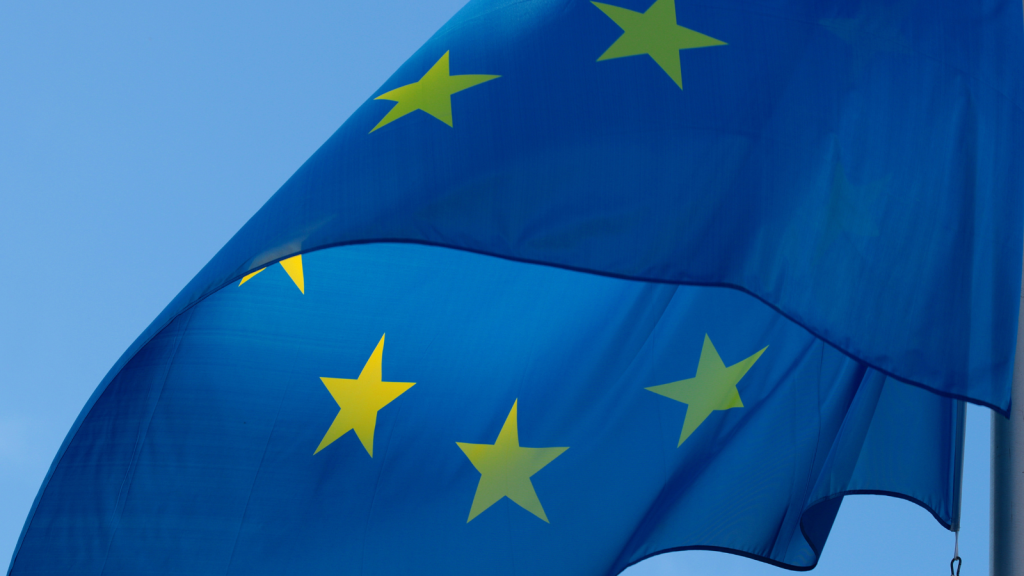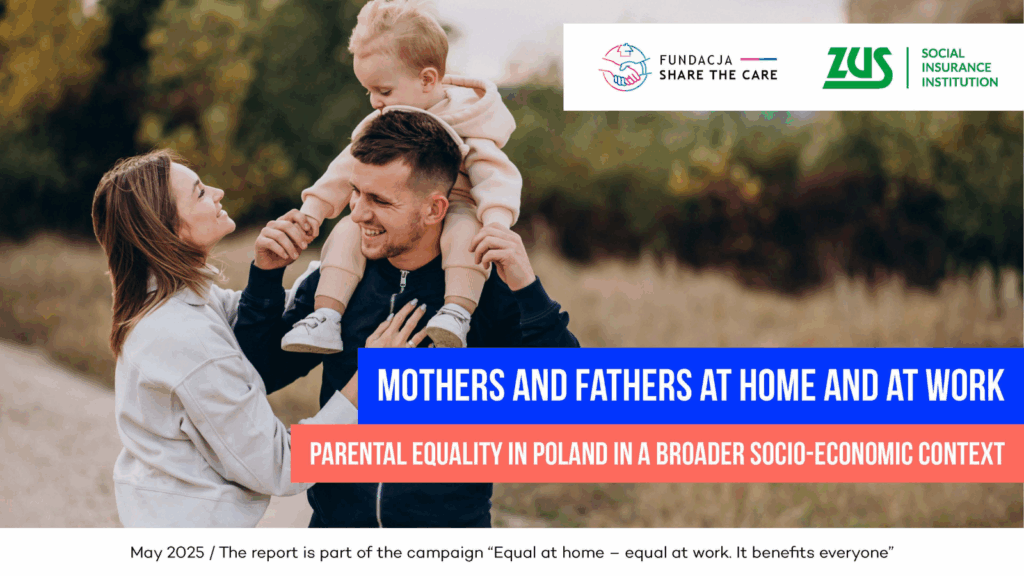Unpaid care duties are key to gender gaps in the labour market. As illustrated in a report published by the European Commission, across the Member States, care responsibilities are equally shared between women and men only in about one-third of families. The interplay between labour market and household conditions may create vicious cycles. The unequal division of unpaid care work between men and women reduces women’s access to and permanency in the labour market and leads to a concentration of women in sectors and jobs allowing greater working time flexibility at the price of lower wages and career opportunities. Gender gaps in the labour market themselves reinforce the unequal division of unpaid care work in households.
Work-life balance policies are therefore key for supporting women’s labour market participation and employment and achieving gender equality in the labour market. Although cultural and social norms on the gender division of unpaid work in the household are still relevant, the availability, affordability and quality of childcare and long-term care services, eligibility criteria, length and compensation level of parental, paternity and carers leaves, and flexible working arrangements all play an important role in promoting equal sharing of care tasks in the household enabling full and equal labour maket participation.
Read more here.





